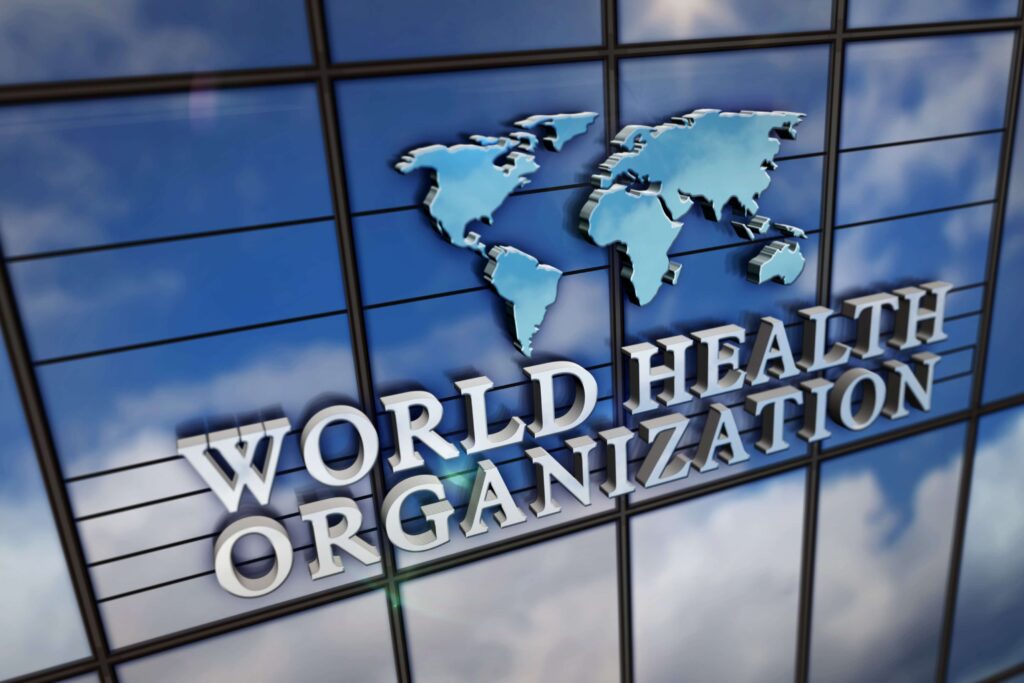The World Health Organization (WHO) emergency committee announced that requiring proof of COVID-19 vaccination for international travel as a condition of entry would promote inequities regarding global vaccine distribution.
“Do not require proof of vaccination as a condition of entry, given the limited (although growing) evidence about the performance of vaccines in reducing transmission and the persistent inequity in the global vaccine distribution,” the WHO emergency committee announced on April 19, 2021.
The UN health body’s recommendations echo the criticism of a vaccine passport idea, which states that requirements of immunization from COVID-19 for international travel would promote differential freedom of movement due to unequal rates of vaccination from COVID-19 across the globe.
In addition to that, the WHO committee also opposed requiring proof of vaccination for international travel because of limited evidence about the vaccination impact on the COVID-19 transmission.
Instead, the UN health body suggested that countries keep testing and quarantine measures for international travellers as well as “implement coordinated, time-limited, risk-based, and evidence-based approaches for health measures in relation to international traffic”.
However, the cash-strapped aviation sector sees the proof of vaccination as one of the best ways to lift border closures and rapidly revive international air travel from the ongoing crisis. In order to revive hardest-hit industries, such as aviation or tourism, numerous countries are working towards launching digital health passports.
The European Commission has recently announced that airlines and European member states could be using its proposed Digital Green Certificate by summer 2021. The Digital Green Certificate will be a proof that a person has been vaccinated against COVID-19, received a negative test result or recovered from COVID-19.
China has already introduced their own digital vaccine passport intended to ease travelling across borders, while airline companies partnering with IATA are considering requiring proof of vaccination using IATA’s Travel Pass.
Following successful trials by Singapore Airlines (SIA1) (SINGY), the Singapore health and border control authorities approved IATA Travel Pass as a valid form of presentation of COVID-19 tests and vaccinations. Beginning May 1, 2021, passengers traveling to Singapore will be able to use IATA Travel Pass to share their pre-departure COVID-19 PCR test results and proof of vaccination.
Earlier in March 2021, the United States for its part announced that there would be no centralized federal vaccination database and no mandate requiring a vaccination credential. However, White House secretary Jen Psaki said that the private sector was free to explore the idea.
“We expect that a determination or development of a vaccine passport or whatever you want to call it will be driven by the private sector,” Psaki said. “Ours will more be focused on guidelines that can be used as a basis. There are a couple key principles that we are working from: one is that there will be no centralized, universal federal vaccinations database and no federal mandate requiring everyone to obtain a single vaccination credential.”
